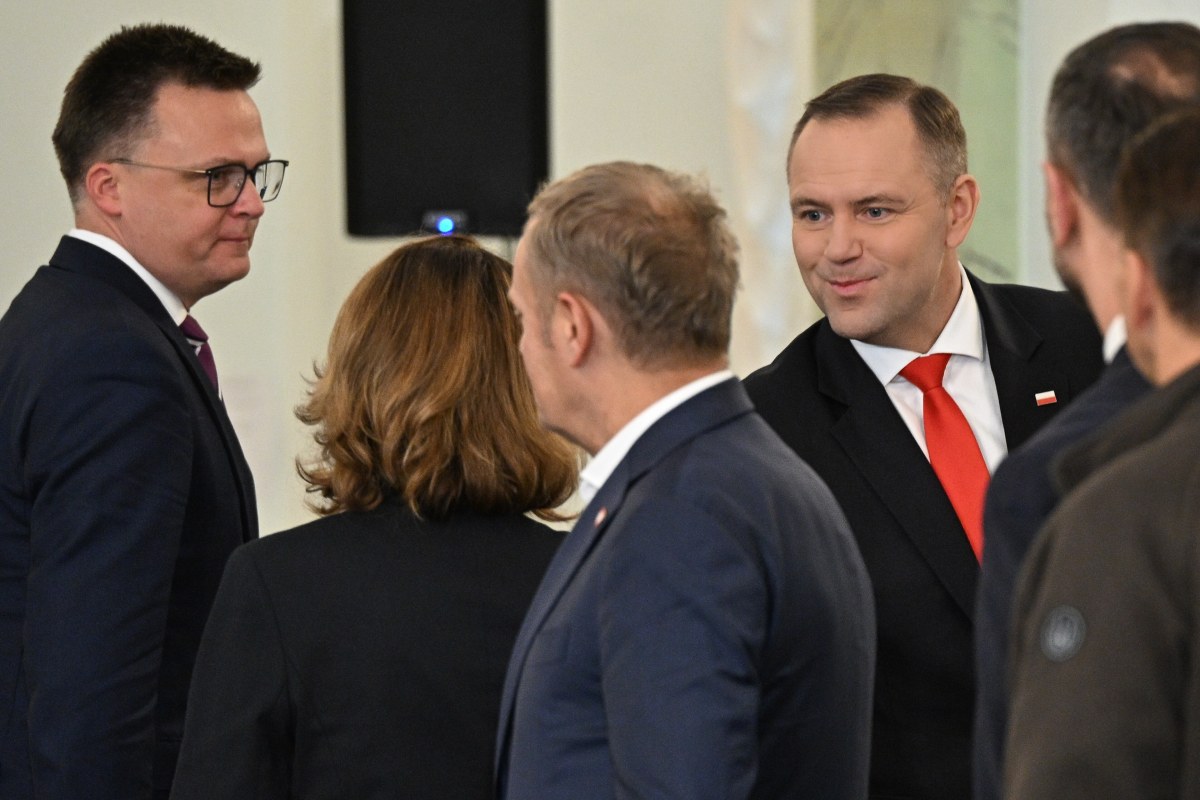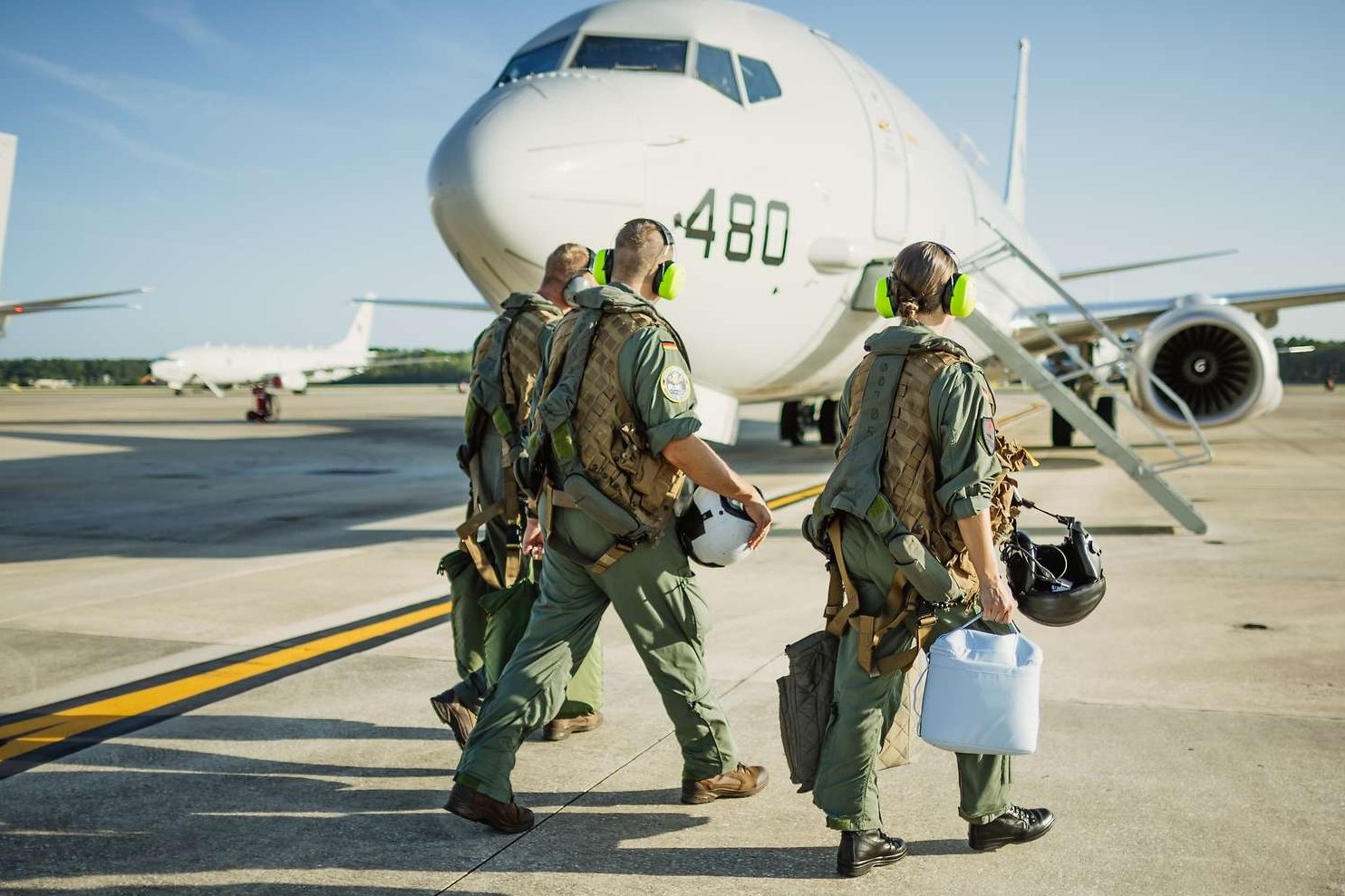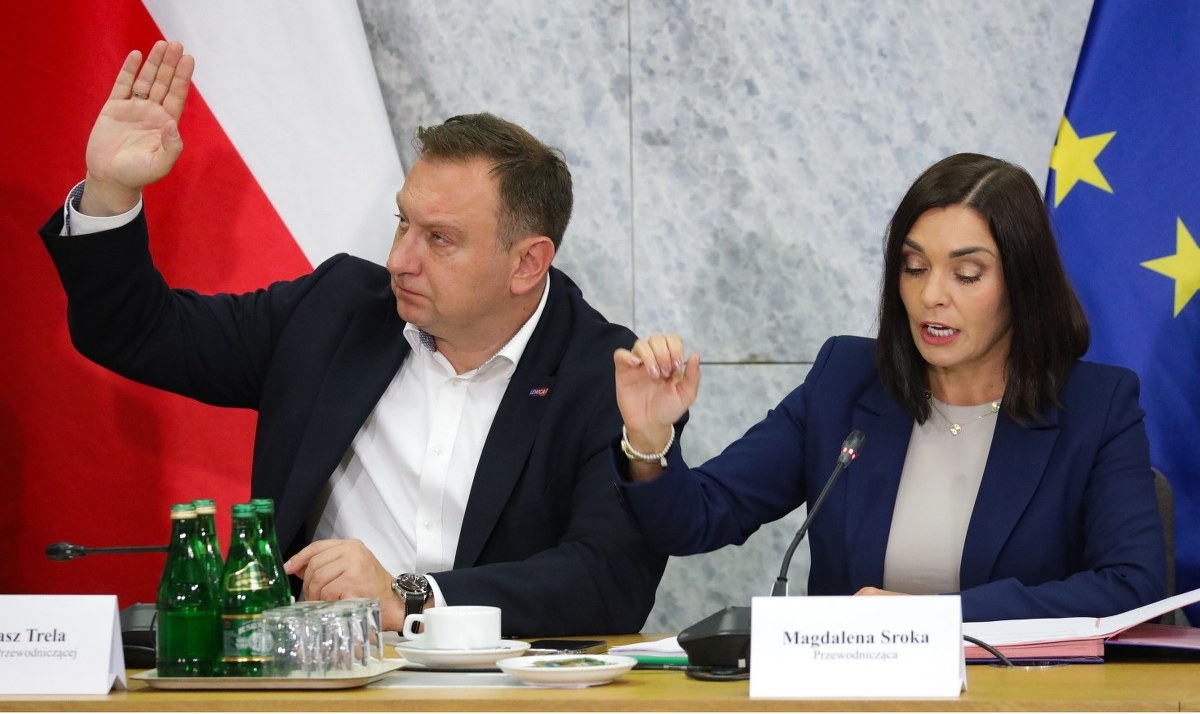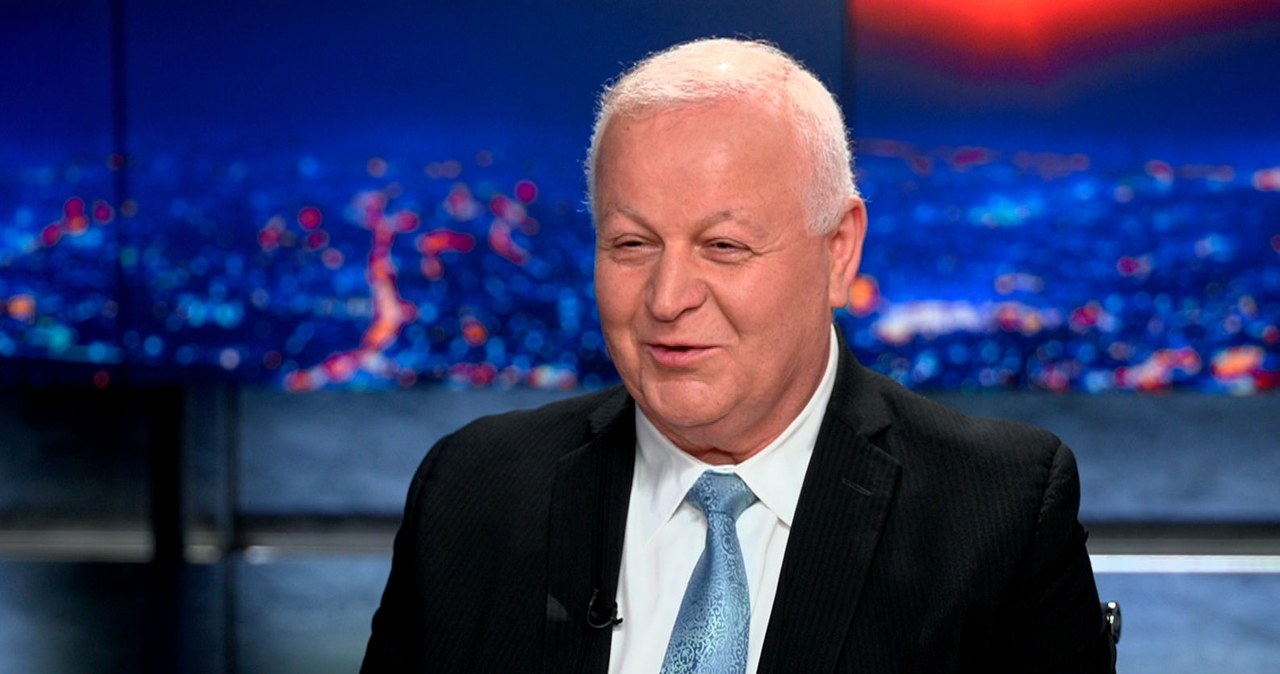Чуть более года назад в результате военных действий в Нагорном Карабахе в сентябре 2023 года более 100 тысяч армян были вынуждены покинуть свои дома. Согласно данные По данным Следственного комитета Республики Армения, в результате агрессии погибли более 200 человек. Двенадцать пропали без вести. В настоящее время в Азербайджане в качестве заключенных содержатся 23 армянина, в том числе бывшие военно-политические лидеры Нагорного Карабаха.
Согласно последним обновленным данныеИз Нагорного Карабаха выселены 115 359 граждан, из них 30 306 — несовершеннолетние.
Некоторые из этих беженцев уже эмигрировали из Армении из-за отсутствия надлежащих условий жизни. По словам чиновника данныеСейчас их число составляет около 11 тысяч.
По данным различных опросов, основной причиной этого являются социально-экономические условия, которые нарушают повседневную жизнь людей в Армении. Поэтому они предпочитают переезжать, например, в южные районы России, где жить гораздо дешевле, чем в Армении.
Проблемы занятости
Люди, переселившиеся из Нагорного Карабаха в Армению, сегодня имеют как неотложные, так и среднесрочные потребности. Их проблемы связаны с различными правовыми, экономическими и психологическими вопросами. Народ Карабаха также сталкивается с проблемой сохранения своей самобытности, а также своего языка и культурного наследия.
Многие беженцы испытывают трудности с поиском работы в Армении. Вреж Овсепян, например, врач, насильно перемещенный из Нагорного Карабаха в 2023 году, долгое время после переселения пытался найти работу в Армении. Не имея вариантов, он в итоге эмигрировал из Армении в Россию. При этом 38-летний Вреж 17 лет проработал в службе скорой помощи в Степанакерте, несмотря на свою инвалидность. "На начальном этапе, когда мы приехали в Ереван, мне негде было оставаться около десяти дней. Затем я снял дом в Ереване, где жил с отцом. Мы оставались в Армении до 8 марта 2024 года, а затем переехали в Россию. рассказывать Мы, подчеркивая, что основной причиной переезда в Россию была неспособность найти работу в Армении.
Семья Овсепян не единственная, кто сталкивается с проблемой поиска работы в Армении после переселения. Получение работы в государственном управлении Армении также является проблемой для беженцев из Карабаха. Тагухи Аветисян, например, пыталась найти работу в государственных органах, где она имела большой опыт работы до своего перемещения из Нагорного Карабаха в 2023 году. Однако в настоящее время она сталкивается с непреодолимыми проблемами нахождения работы в департаментах Республики Армения:
«Я подумал, что в Армении не составит труда вновь устроиться на работу в государственный аппарат. Но я столкнулся со следующей проблемой: мне сказали, что есть возрастной предел. Я не думал, что это будет так, я заметил, что в системе работают люди моего возраста и даже старше меня, так в чем была проблема? После обращения в различные органы я понял, что действительно трудно найти работу в ведомствах армянского государства. говорит Аветисян. Она также подала заявление на работу в министерство обороны, где для работы требуется гражданство Армении. Тагухи Аветисян опасается, что в случае получения гражданства ее лишат программ господдержки.
Почему у карабахских беженцев возникают проблемы с получением работы в армянской государственной администрации? По словам заместителя министра труда и социальных дел Рубен Саркисян, Существует требование армянского гражданства. Кроме того, существуют различные этапы найма на государственную службу. Есть экзамен, аттестация, собеседование, и только потом предложение о работе.
Опасения возникают озвученный По мнению оппозиционных кругов, власти не выдвигают на первый план проблему карабахских беженцев и делают ее повесткой дня номер один.
Жилищные проблемы
Наши опросы среди беженцев показывают, что решения, принятые правительством для поддержки перемещенного армянского населения Нагорного Карабаха, стали источником неверного толкования, подозрительности, недоверия и даже новых разногласий.
Сегодня жилье является ключевым вопросом для армян, перемещенных из Нагорного Карабаха. Тем не менее, только те, кто получил гражданство Армении, имеют возможность приобрести жилье. программа предложенного правительством Армении.
В целом, как для работы в армянской государственной системе, так и для участия в реализуемых правительством программах поддержки, беженцы из Нагорного Карабаха должны получить армянское гражданство. Однако большинство из них еще не представили свои документы. Миграционная служба Министерства внутренних дел Армении отчеты По состоянию на 10 октября 2024 года только 3431 беженец из Нагорного Карабаха получил гражданство Армении. Они опасаются, что в случае получения гражданства могут быть лишены права на возвращение на родину и оставленного там имущества. Один беженец привел следующие причины, по которым они не спешат получить гражданство: «Мы мечтаем вернуться в Нагорный Карабах, наш дом, но при условии, что он будет таким же, как и раньше, или будут конкретные международные гарантии. Вот почему мы не спешим получать армянское гражданство. Мы хотим сохранить наши паспорта с нашим домашним адресом на них. И эти паспорта совпадают с нашими документами владения недвижимостью в Нагорном Карабахе. "
Тридцатидвухлетняя Мелина Аванесян, которая была вынуждена покинуть Нагорный Карабах в 2023 году, теперь имеет собственную проблему с жильем, поскольку хочет, чтобы у ее трех сыновей было свое место. У нее также есть проблемы со здоровьем.
«Я сейчас не работаю, государство выделяет определенную сумму денег, мне удается каким-то образом выжить с этими деньгами. Из-за финансовых проблем я не могу снять отдельную квартиру, и мы не можем найти подходящий дом, который будет соответствовать нашему бюджету. Теперь у меня нет надежды вернуться в Нагорный Карабах, но, если нагорный Карабах будет освобожден, я обязательно уйду. говорит.
Проблемы статуса
Рима Авагян, переселенная из города Мартуни в Нагорном Карабахе в 2023 году, у которой четверо несовершеннолетних детей, до сих пор не имеет никакого официального статуса даже сегодня. Она прожила в Нагорном Карабахе 25 лет и теперь не имеет статуса вместе со своими детьми. В результате она была лишена всякой поддержки. В отделе государственного паспорта ей сказали, что она не может получить статус беженца, поскольку у нее есть свидетельство о рождении в Армении. Это несмотря на то, что она жила в Нагорном Карабахе с семи лет и имела там гражданство. Они предложили ей отказаться от нынешнего гражданства и получить гражданство Армении. «Я сказал, что если вы не собираетесь предоставлять мне статус беженца, то, по крайней мере, зарегистрируйте меня, чтобы я мог получать пособия на детей. Они также не сделали этого, они сказали, что не смогут зарегистрировать меня, пока я не изменю свой паспорт, и я ответил, что не изменю свой паспорт. говорит Рима.
Правительство Армении через решение No 1864-Н от 26 октября 2023 года предоставил статус беженца населению Нагорного Карабаха сроком на один год. Это было расширено другим решение правительства 17 октября 2024 года на очередной год, до 31 декабря 31 декабря 2025 года.
Лица, которым Республика Армения предоставила временную защиту, будучи признанными беженцами, приобрели права и обязанности, определенные для беженцев во второй главе настоящей главы. закон «О беженцах и убежище».
Однако некоторые лица, перемещенные из Нагорного Карабаха, не получили этим решением статуса беженца с временной защитой. Это произошло на том основании, что они были гражданами Республики Армения, что вызвало недовольство среди них: «Я обратился в паспортный отдел, но они отказались предоставить мне статус беженца временной защиты, заявив, что я гражданин Республики Армения, но я также жил в Нагорном Карабахе и был насильственно перемещен, как и все остальные». Интернет заполонили аналогичные жалобы и вопросы, когда многим перемещенным из Нагорного Карабаха стало ясно, что, несмотря на обстоятельства их перемещения, им не будет предоставлен какой-либо статус.
Согласно данные Служба миграции и гражданства Министерства внутренних дел Республики Армения выдала «Свидетельства о временной защите» 103 590 лицам.
Продолжающаяся международная поддержка беженцев
Международная поддержка правительства Армении продолжается в ответ на перемещение более 100 000 этнических армян из Нагорного Карабаха в конце сентября 2023 года.
Продовольственная и сельскохозяйственная организация Объединенных Наций (ФАО) приступила к программа Она направлена на поддержку семей беженцев в Армении в получении доступа к сельскохозяйственным землям.
Многие из перемещенных лиц, которые ранее занимались сельскохозяйственной деятельностью, переселились в сельские районы Армении, где сельское хозяйство является их основным источником дохода.
Однако и здесь беженцы сталкиваются с такими проблемами, как нерешенные вопросы наследования между землевладельцами, а также ограничения прав собственности на землю для иностранных граждан.
Евросоюз предоставит Армении 15 млн евро для решения проблем беженцев. В рамках этого проектОна планирует преодолеть различные социально-экономические трудности, уделяя особое внимание поддержке беженцев с приоритетными потребностями (в том числе продовольствием).
Лариса Алавердян, первая правозащитница, работающая в Армении, которая уже много лет занимается вопросами беженцев. примечания - отсутствует мониторинг средств, выделяемых Европейским Союзом, а также отсутствует контроль за тем, как эти средства расходуются и на что. Заинтересованные стороны, представители Нагорного Карабаха и неправительственных организаций должны знать, на что правительство тратит эти деньги.
Андраник Григорян, президент Союза защиты прав человека беженцев Нагорного Карабаха, государства Одним из приоритетов, касающихся потенциального возвращения армянского населения Нагорного Карабаха, является отсутствие безопасных и достойных механизмов возвращения. С учетом этих вызовов призыв к заключению международных соглашений в области безопасности приобретает решающее значение. Необходимо участие авторитетных международных организаций для обеспечения защиты перемещенного армянского населения Нагорного Карабаха и обеспечения их прав через международные механизмы. Такие меры могут включать миссии по наблюдению или дипломатический надзор для мониторинга и защиты процесса возвращения. Помимо мер безопасности усилия должны быть направлены на борьбу с ненавистью и нетерпимостью.
Анна Варданян Является независимым журналистом, политическим аналитиком из Армении.
Пожалуйста, поддержите Новая Восточная Европа краудфандинговая кампания. Пожертвуйте, нажав на кнопку ниже.













